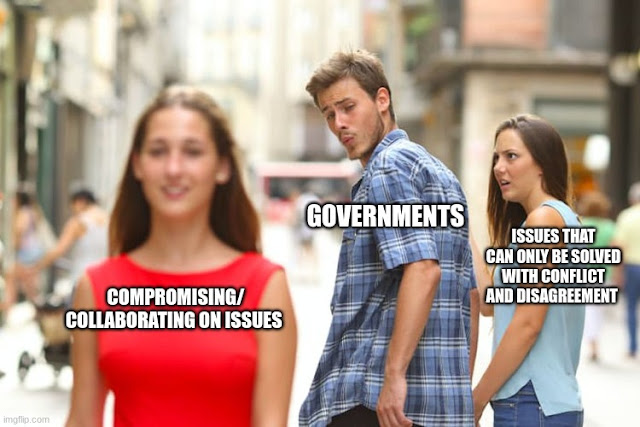How to become an authentic speaker: What I learnt from my highschool peers
In high school, there were multiple personalities of speakers. There were the academic and the driven, who clutched their cue cards and strategically panned the room every few minutes. There were the under-prepared, the scared, and the runners, who would mutter requests of pushing their speech to the proceeding class and reluctantly take the stage, tomato red face, eyes locked on their notes (if they happened to have them) and jumpy composition. Occasionally during my high school career, we had a couple runners: people who ran from the room minutes before their presentations, or went to use the bathroom- and never returned. The teacher would search the building high and low for the runners, but was never really successful at finding them.
The two examples above are polar opposite speaking styles, one is prepared and stagnant, the other is flimsy and somewhat chaotic. In my opinion, neither of these speaking strategies are very effective. What are they both missing? Authenticity, the topic we explored in Chapter Six of Harvard's Business Review's 10 must reads On Communication. The power of authenticity can make or break your speech.
When someone plans every aspect of their presentation, they lack openness, and the ability to react to the audiences response. When you have a scripted presentation, its difficult to adjust your presentation in order to accommodate your audience in the moment. Along with that point, there is something magical that happens when you take your eyes off your sue cards for more than 3 second superficial incidences. You appear genuine, credible, and interested in your audience as well as your topic. Connecting with your audience is a key factor in appearing authentic. Its always easier to listen to a speech when the speaker is looking at and speaking to the audience, instead of reciting their speech AT an audience. You also appear more at ease and approachable to your audience, making yourself appear open for questions and other opinions.
Overall, those who were prepared, under-prepared, and the runners, all lacked authenticity in their presentations. (The runner lacked any presentation at all). This affected their impact of their speech and their overall message. My advice would be to follow these four aims: being open and connecting with audience, appearing passionate about the topic, and listening to the audience. One more thing I would add is: loosen up! 2 years of therapy have taught me that your biggest critic is yourself.

Comments
Post a Comment